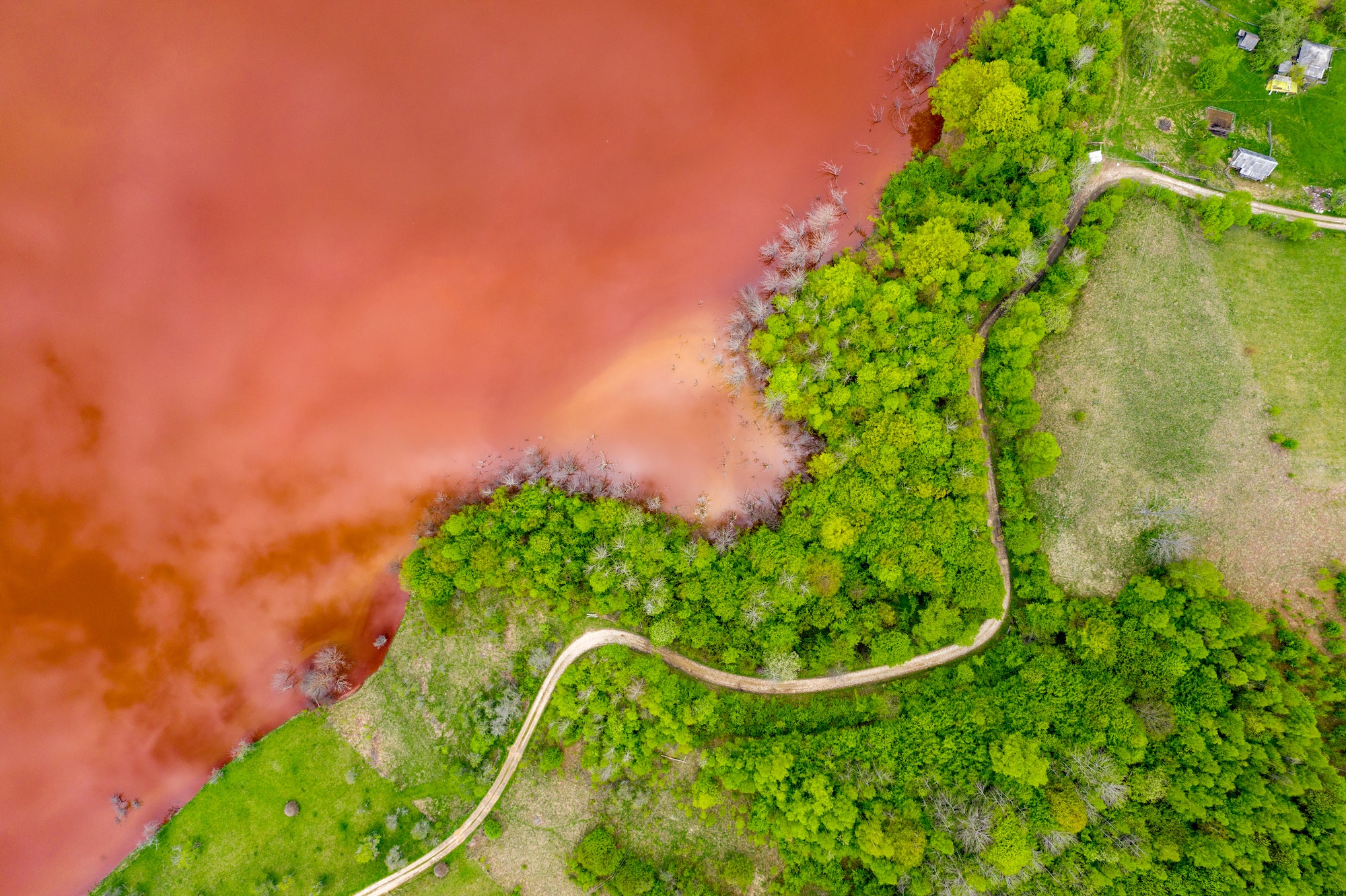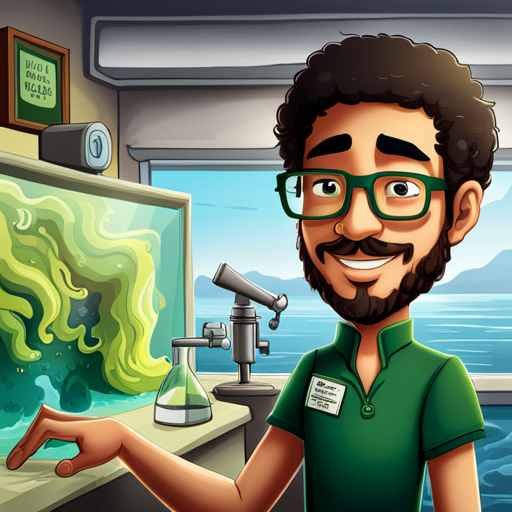The increasing global demand for energy and the need for sustainable solutions have led to the exploration of alternative sources of fuel. Algae, with its high growth rate and ability to convert sunlight, water, and CO2 into biomass, has emerged as a promising source of biofuel. In addition to its potential as an energy source, algae can also be used for the treatment of waste streams, specifically nutrient-rich waste, which can further enhance its environmental benefits.
Waste treatment is an essential aspect of modern society, as untreated wastewater can have severe negative impacts on the environment and human health. Nutrient-rich waste streams, such as those from agricultural runoff or municipal wastewater treatment plants, contain high levels of nitrogen and phosphorus. When released into water bodies, these nutrients can cause eutrophication, leading to harmful algal blooms, oxygen depletion, and fish kills.
Algae can play a significant role in addressing this issue by converting nutrient-rich waste streams into valuable biomass. The process involves cultivating algae in wastewater or other waste streams containing high levels of nutrients. As the algae grow and multiply, they absorb the excess nitrogen and phosphorus present in the waste stream. This not only helps clean the water but also produces algal biomass that can be harvested and converted into biofuels or other valuable products.
One of the main advantages of using algae for waste treatment is its ability to grow rapidly under various conditions. Some species of microalgae can double their biomass within 24 hours, allowing them to quickly consume large amounts of nutrients from waste streams. Furthermore, algae can be grown using non-arable land and saline water, thus avoiding competition with food crops for land and freshwater resources.
The harvested algal biomass can be processed into various forms of biofuel, such as biodiesel, bioethanol, biogas, or bio-oil. These fuels are considered renewable and environmentally friendly since they are derived from a sustainable source and have lower greenhouse gas emissions compared to fossil fuels. Moreover, the use of algae for biofuel production can help reduce dependence on imported oil and promote energy security.
Apart from biofuels, several other valuable products can be obtained from algal biomass, such as animal feed, fertilizers, and bioplastics. These co-products can contribute to a circular economy by utilizing waste streams and providing valuable materials for various industries.
The environmental benefits of algae biofuel production are manifold. Firstly, it helps mitigate climate change by reducing greenhouse gas emissions. Algae capture CO2 from the atmosphere during photosynthesis, which is then stored in their biomass. When this biomass is converted into biofuels and burned, the CO2 is released back into the atmosphere, creating a closed carbon cycle.
Secondly, algae-based waste treatment can improve water quality by removing excess nutrients from waste streams and preventing eutrophication. This not only protects aquatic ecosystems but also conserves freshwater resources by allowing treated water to be reused for irrigation or other purposes.
Lastly, the cultivation of algae on non-arable land using saline water can alleviate pressure on agricultural land and freshwater resources. This is especially important in regions where arable land and freshwater are scarce or under increasing pressure due to population growth and climate change.
In conclusion, the production of valuable biomass from nutrient-rich waste streams using algae offers a sustainable solution for waste treatment and resource recovery while providing significant environmental benefits. The integration of algae biofuel production with wastewater treatment can contribute to a circular economy, promote energy security, and mitigate climate change impacts.


